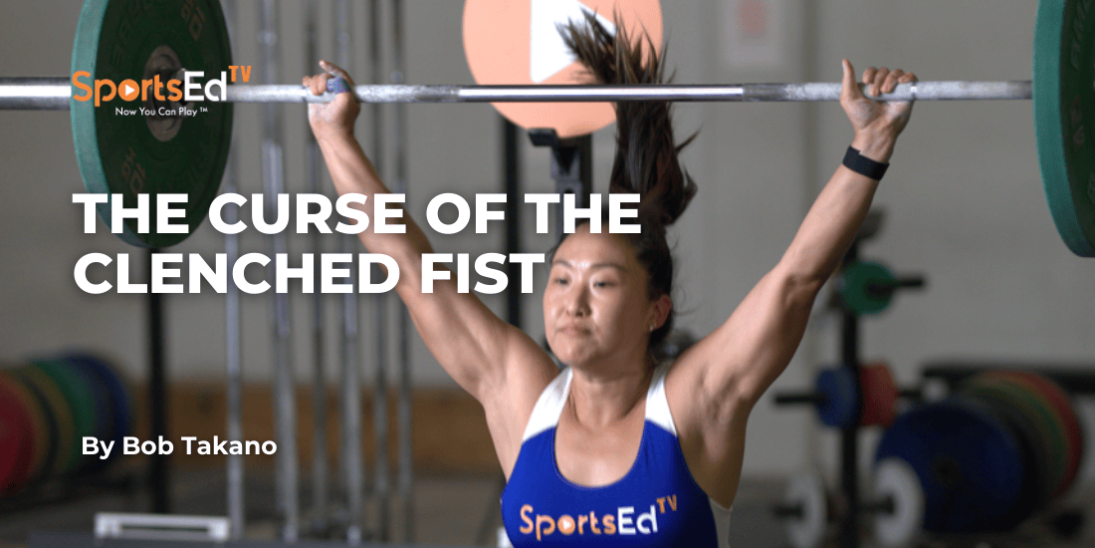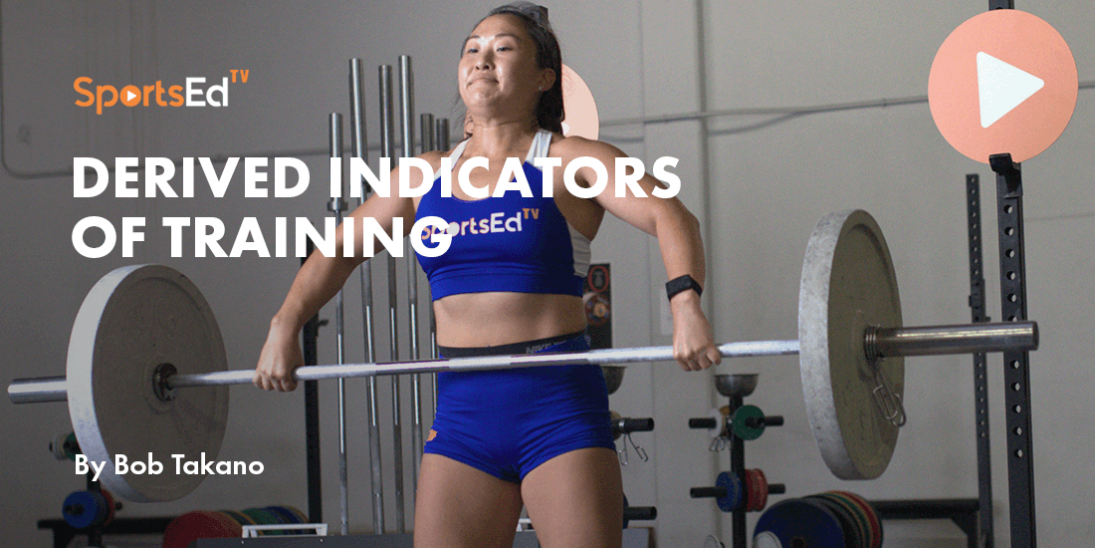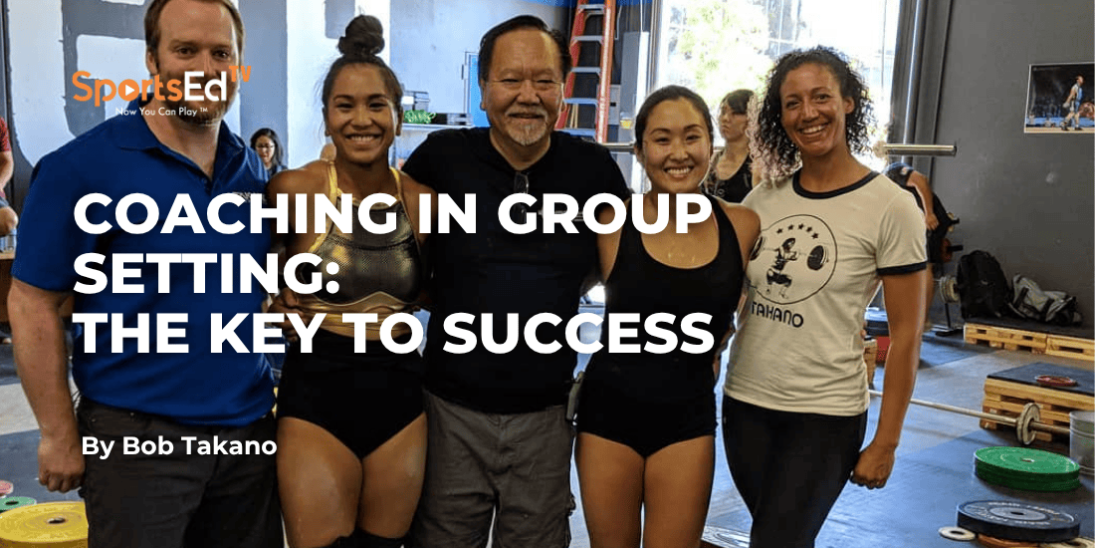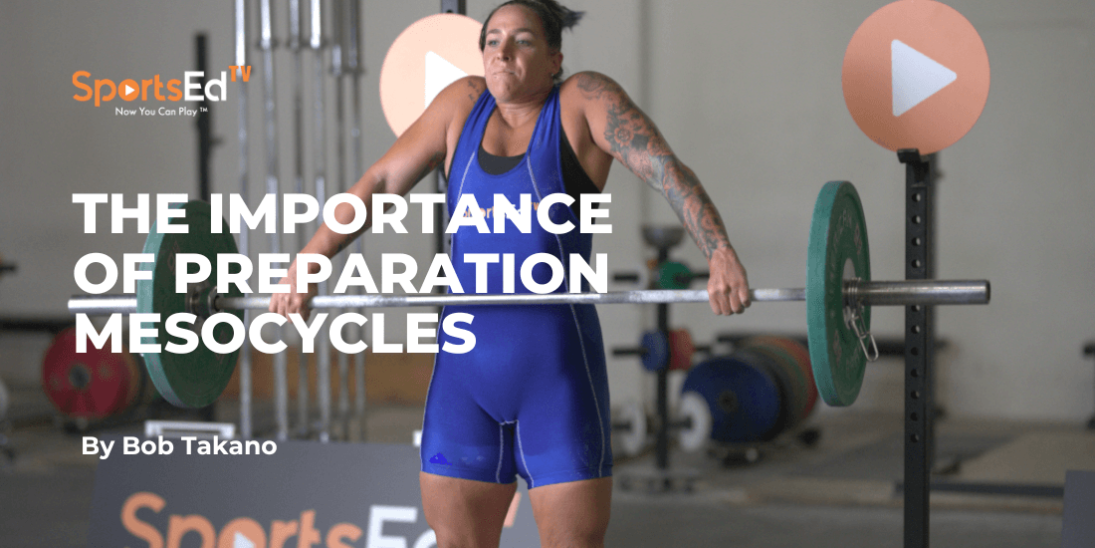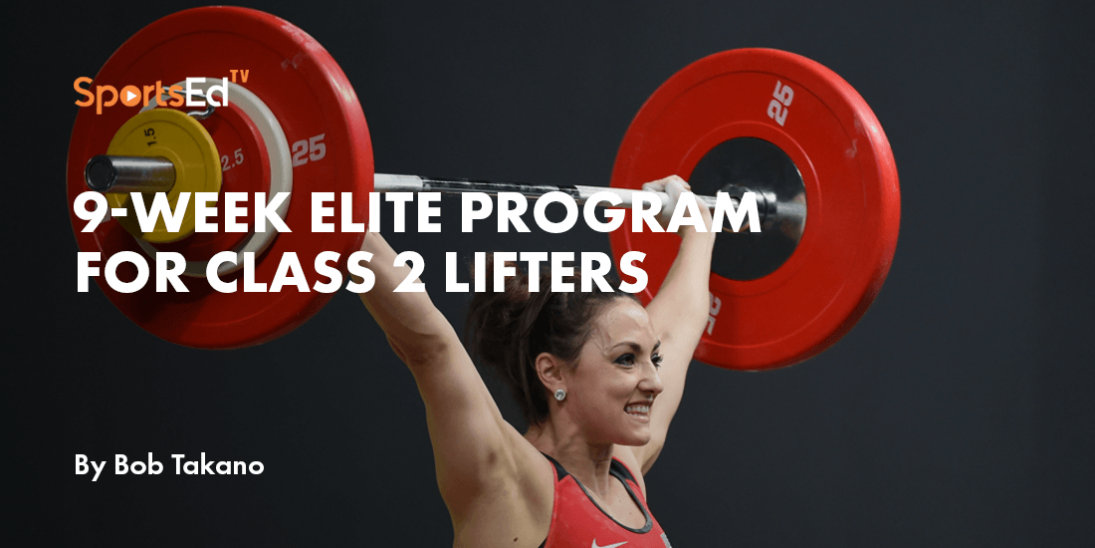Weightlifting
Welcome and thanks for visiting...

Understanding the Pre-Competition Mesocycle in Weightlifting
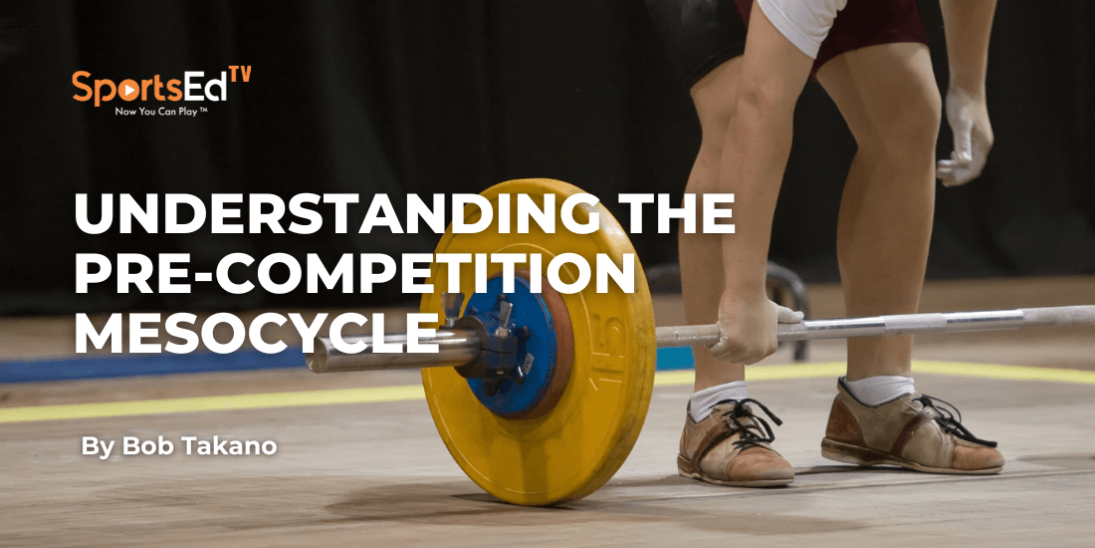
The pre-competition mesocycle is a crucial four-to-five-week period immediately preceding a competition. During this phase, the body undergoes key adaptations, including full endocrine recovery, peak secretion levels, muscle recovery, and optimal nerve training for heavy single attempts.
The Exercise Selection Profile
During this period, the focus shifts primarily to the classic lifts, with minimal inclusion of variants:
- Classic Lifts: Snatches, power snatches, cleans, and power cleans are performed exclusively from the floor.
- Minimized Variants: Hang lifts and block lifts are largely avoided.
- Jerks: Primarily performed in conjunction with cleans or power cleans.
- Pulls and Squats: Included slightly higher intensities but with lower repetitions per set.
- Emphasis on Speed: Training prioritizes explosive movements.
Training Volume and Load
The overall training volume and load are reduced to about two-thirds of the preparation mesocycles, allowing for better recovery. This reduction becomes most noticeable two to three weeks prior to the competition.
Intensity
The intensity profile for this period is as follows:
- Repetitions Per Set: Decreased, with doubles and singles becoming more common.
- Heavy Singles: Emphasized as a simulation of competition rather than for creating an endocrinological deficit.
Training Frequency
With the reduced volume, the number of weekly training sessions also decreases. This creates more opportunities for recovery and restoration, aligning with the body's need for peak performance during competition.
Psychological and Physiological Feelings
Two weeks before the competition, athletes should begin to experience:
- Increased Well-Being: A feeling of energy and readiness.
- Aggressiveness Toward Lifting: Enhanced mental focus and drive as training frequency diminishes.
Coaching Oversight
Coaches play a vital role during this phase by:
- Monitoring Non-Weightlifting Activities: Preventing athletes from over-engaging in other physical activities during their leisure time.
- Guiding Mental Focus: Using autogenic training to keep the athlete's thoughts centered on the upcoming competition.
The Final Approach
In the final days before the competition, achieving the right psychological balance is critical. The athlete should feel aroused and aggressive but not to the point where this disrupts movement precision. Strong communication between the coach and the athlete and a supportive team atmosphere is essential for optimal performance.




